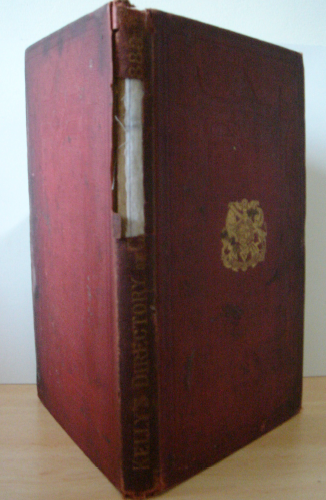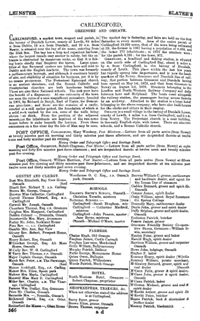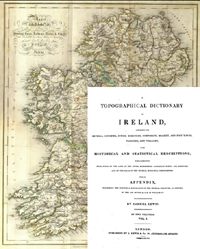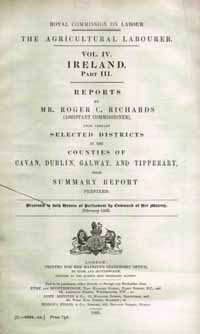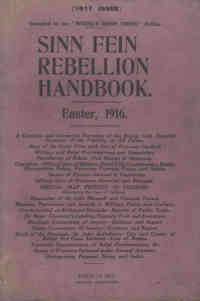Kelly’s Directory of Cambridgeshire, 1883
What is inside?
Republished here is Kelly's Directory of Cambridgeshire, which was first published in 1883. Containing some 279 printed pages, Kelly's Directory, as the then editor, A. Lindsay Kelly correctly noted, was primarily a directory, but also served as the gazetteer for every county for which Kelly's Directory was published, and this edition is no exception. This directory includes every parish in the county and provides a thorough topographical description of every town, parish, village and township, describing the principal buildings and geographical objects of interest in each. Great care is also taken in Kelly's treatment of the ecclesiastical divisions of the county with descriptions of all the churches, cathedrals the value of the livings, parochial incumbents and patrons. The same level of detail is provided for the civil and local administration of the county with full information on county courts, districts fairs, markets, county hunts as well as communications such as rail and post throughout the county. Beginning with Great Abington and ending with West Wratting, for those who might be unfamiliar with a directory such as Kelly's the degree of information contained on each village can be gleaned from the description of just one of the places entered in the Towns and Villages section of the directory, which forms the bulk of the directory, namely Horseheath. This is described as a village and parish pleasantly situated on the old Cambridge Road 14 miles south-east of Cambridge. Lying within the hundred of Chilford, Union of Linton, county district of Haverhill, rural deanery of Camps and archdeaconry and diocese of Ely. The parish church of All Saints is described as being an ancient edifice of flint and rubble in the style of 14th and 15th c. Consisting of a chancel nave, south porch and square tower containing three bells. Within the church there is an ancient brass and several effigies.
The parish registers dates from 1558 and living is a rectory with a yearly value of £360 the gift of the Governors of Charterhouse in London. There also existed a place of worship for Primitive Methodists. Horseheath Hall is described as a magnificent mansion erected in 1665 and surrounded by 870 acres of parkland. This was recently purchased and demolished by the Batson family who were Lords of the Manor. The soil is clay with a subsoil of chalk. The principal crops were oats and barley and the population of the parish at the time of the 1881 Census was 545. The entry is concluded with a list of the principal residents and farmers in Horseheath Parish. While the village and parish of Horseheath are relatively small, the level of detail recorded in the directory are typical, with a much greater degree of information provided for the larger towns and cities in the county, especially that those of Ely and Cambridge that also include street directories and listings for private residents and commercial interests. This edition of Kelly's Directory of Cambridgeshire is prefaced by a topographical and geological description of the county and is concluded with an extensive alphabetical list of the county's chief residents and commercial interests, which could be found across the length and breadth of the county in 1883. For anyone with even the slightest interest in the residents, topography of descriptions of the county of Cambridge this fully-searchable 1883 edition of Kelly's Directory of Cambridgeshire is highly recommended.
This title is a DOWNLOAD.
Research Store.
Browse our range of products that can help trace your family ancestry and learn the story of your families history and past.
